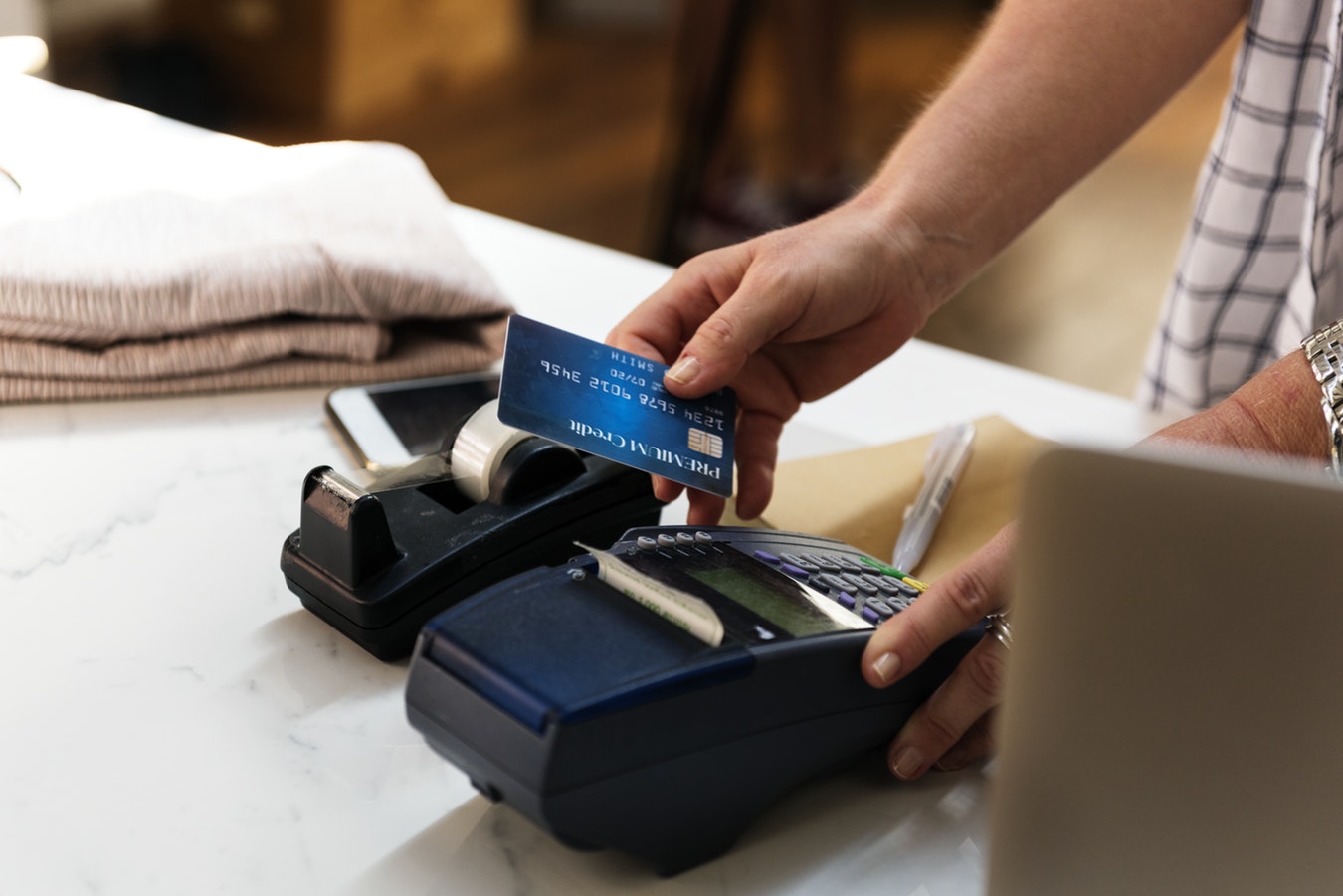Merchant accounts allow you to accept and process credit and debit card transactions. Though these accounts are something many merchants get approved for on a regular basis, some businesses, like those in speculative industries or those with no processing histories, can have difficulty getting one.
Read on to find out how you can increase your chances of getting a merchant account.
Take Care of Your Credit
Before you submit a merchant account, clean up any past bankruptcies, liens, or late payments from your credit report. Request a copy of your report from all of the major reporting agencies, like Equifax, Experian or TransUnion. Review the reports for mistakes, too. No one is purpose. If you find one, contact the agencies to have them resolved. Keep in mind you will need to provide proof.
Be Truthful About Past Terminated Accounts or Other Financial Issues
Being honest about past financial challenges, put your business in a good light. Additionally, judgments, liens, and other financial strikes can easily be found because they are parts of the public record. Therefore, if you come clean, it boosts your credibility.
Be Open to Special Conditions
Startups and those who are establishing credit may need to pay their dues to get a merchant account. So, if a merchant service provider offers an account with higher fees or requires transaction volume limits and a rolling reserve, which is a reserve account that protects the processor from any future losses, consider it. The reserve account is calculated as a percentage of your sales. It can help you build your business profile for the future.
Do Not Settle for Just Any Processor
When you are ready, make sure you shop around. Get quotes from many providers and ask lots of questions. Find out the transaction and processing fees. Ask whether they charge any monthly minimum fees, startup fees, and early termination fees. Also, find out whether you can purchase or lease equipment, such as mobile card readers, point-of-sale terminals, and printers, and whether they charge any installation costs.
Online businesses also should find out the costs about the solutions, such as shopping carts and virtual terminals, you need to seamlessly operate your website.
Documents and Data Needed to Get Merchant Accounts
When you are ready to move ahead with a merchant account application, be prepared to present information about your business, whether you take point-of-sale, mobile, or online payments, you estimated monthly transaction volume, and average ticket price of the products or services you sell.
All of these factors will help merchant service providers come up with a personalized payment processing plan that meets your needs.
The Final Say
Preparing is the best way to approved for merchant accounts. Follow this guide, gather all of the information, and then, sit down and weigh the pros and cons of each service provider’s offerings. After using these strategies, you likely can expect your path to a merchant account to be generally smoother. Then, when you get there, you are in a perfect position to accept debit and credit card transactions.
At EMB, we take the difficulties out of getting a merchant account. When it’s time to select a merchant service provider, consider EMB. It works with new and existing businesses, like merchants that have been rejected or terminated by other processors, and high risk merchants, as well as those with bad credit, no credit, or a history of excessive chargebacks.
Get your business processing payments today. Fill out our online merchant account application today.


